Find Help
More Items From Ergsy search
-
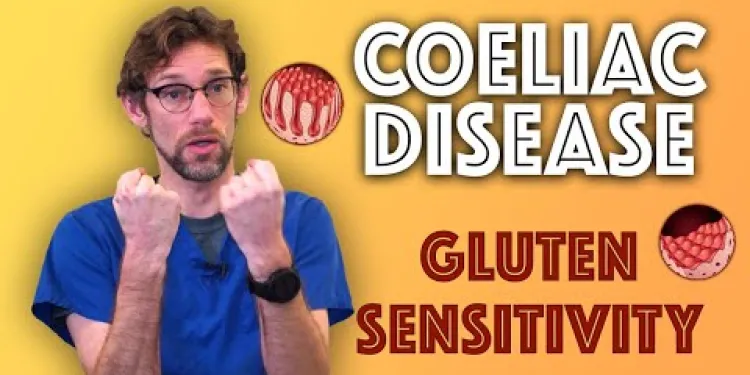
Coeliac Disease Explained - Gluten Sensitivity - A to Z of the NHS - Dr Gill
Relevance: 100%
-
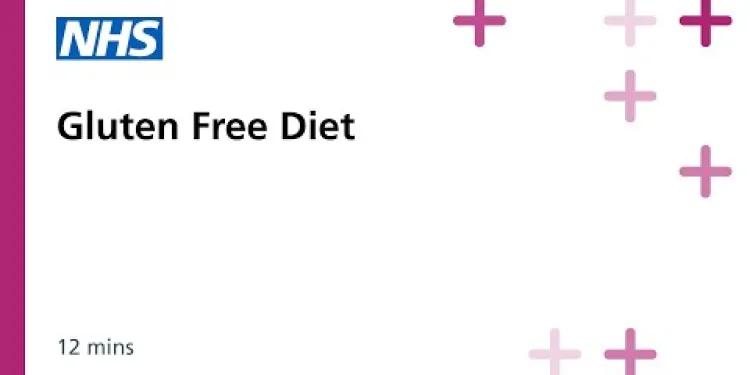
Coeliac Disease: The gluten free diet
Relevance: 82%
-
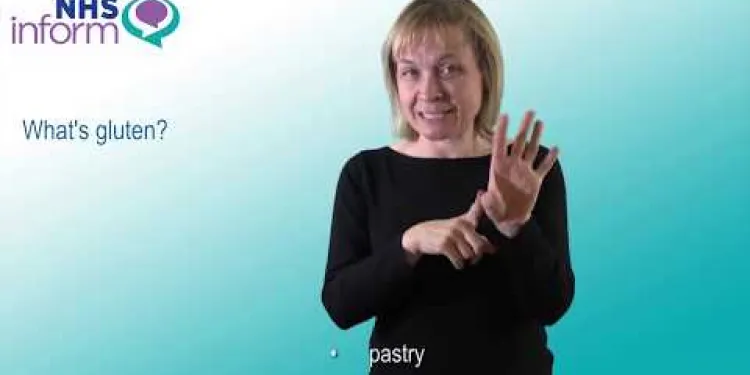
Coeliac disease
Relevance: 76%
-
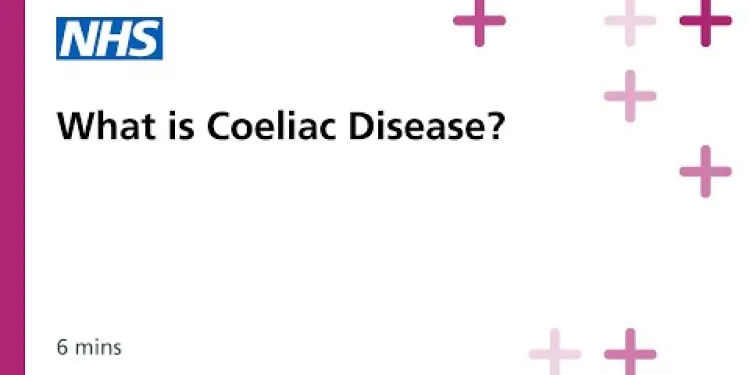
Coeliac Disease: Session 1: What is Coeliac Disease?
Relevance: 70%
-
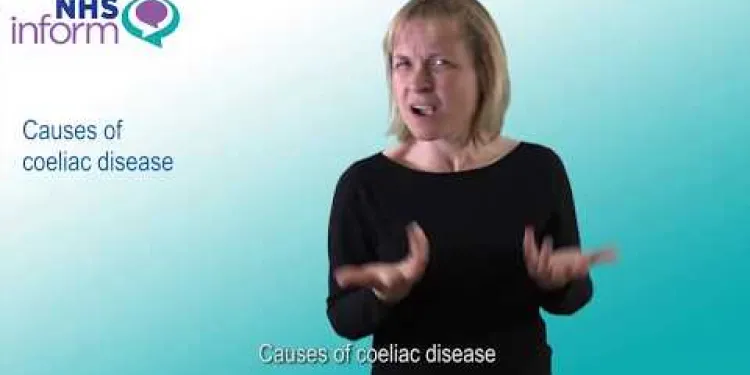
Causes of coeliac disease
Relevance: 69%
-

NHSGGC - What is Coeliac Disease?
Relevance: 68%
-
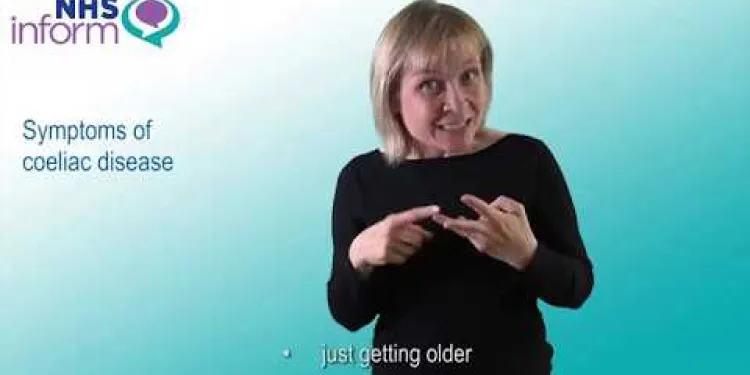
Symptoms of coeliac disease
Relevance: 64%
-
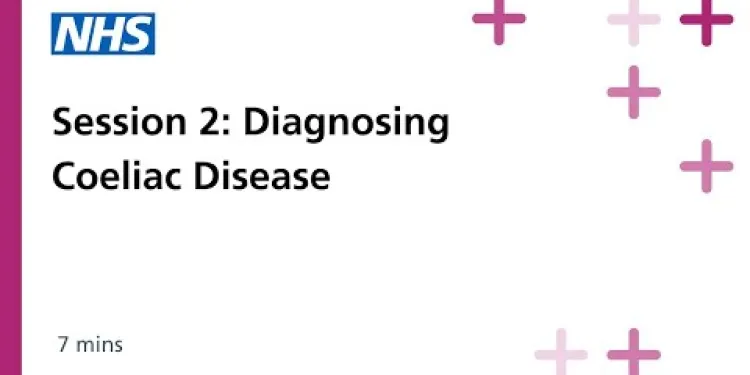
Diagnosing Coeliac Disease Updated 2021
Relevance: 62%
-

Living Well with Coeliac Disease
Relevance: 61%
-

What SPF should I use if I have sensitive skin?
Relevance: 25%
-

How can I secure sensitive data stored on my phone?
Relevance: 24%
-
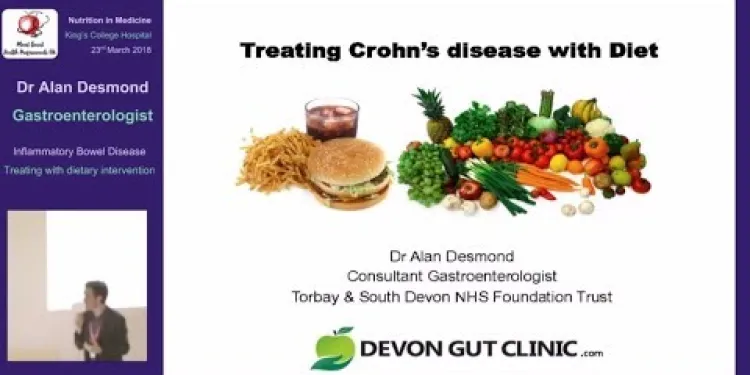
What is the best diet for Crohn’s disease?
Relevance: 20%
-
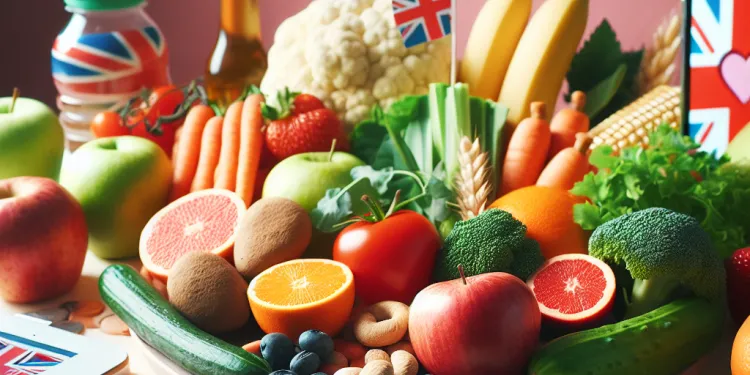
What dietary changes can help manage Crohn's disease?
Relevance: 20%
-

What foods can trigger nettle rash?
Relevance: 18%
-

What tests are available for diagnosing Lyme disease?
Relevance: 17%
-
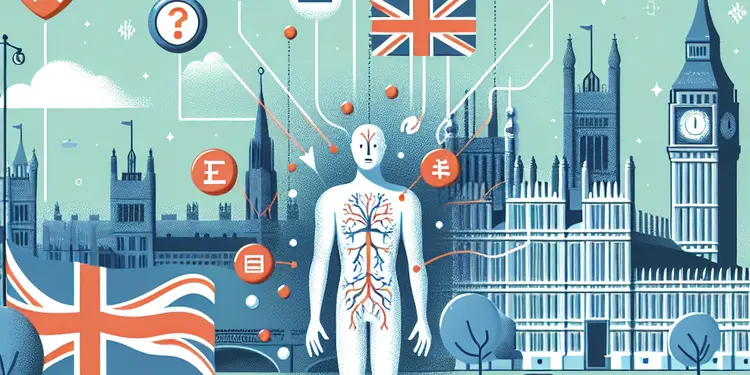
How does Huntington's disease affect emotions?
Relevance: 16%
-
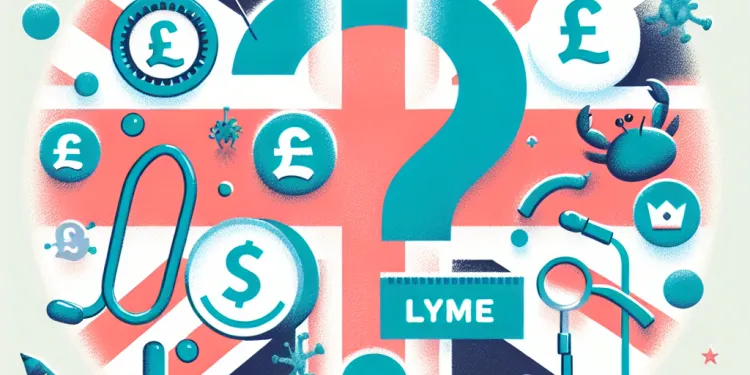
What is Lyme Disease?
Relevance: 16%
-
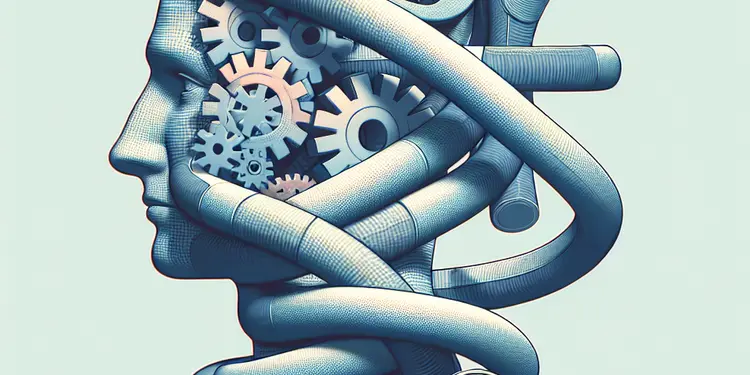
Is Huntington's disease fatal?
Relevance: 16%
-

Liver disease | NHS
Relevance: 16%
-

Is Crohn's disease contagious?
Relevance: 16%
-
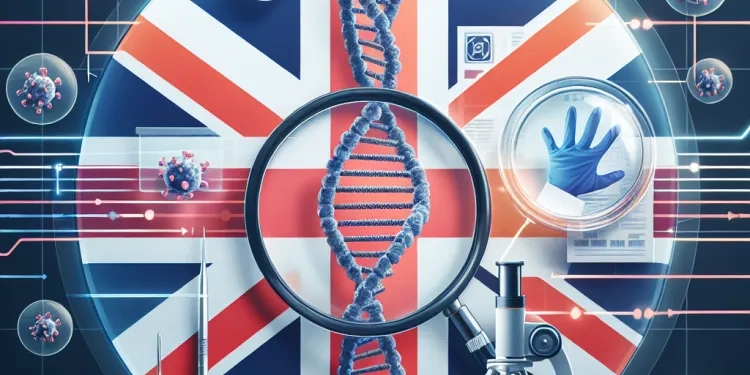
How is Marburg virus disease diagnosed?
Relevance: 16%
-

What is Huntington's disease?
Relevance: 16%
-
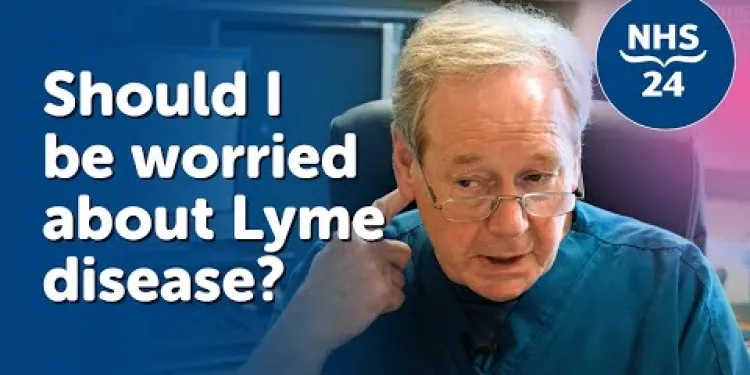
Lyme disease: What is it?
Relevance: 16%
-
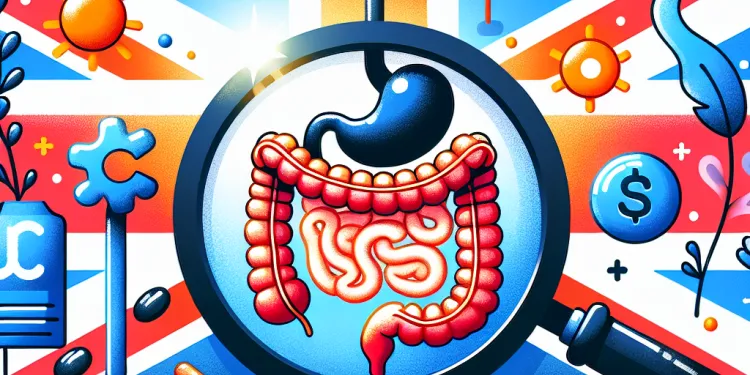
Is there a cure for Crohn's disease?
Relevance: 16%
-

What is Mitochondrial disease?
Relevance: 16%
-

What is Parkinson's disease?
Relevance: 16%
-

Is there a vaccine for Lyme disease?
Relevance: 16%
-

Is flesh-eating disease contagious?
Relevance: 16%
-

Do UK mosquitoes carry diseases?
Relevance: 16%
-

What is Alzheimer's disease?
Relevance: 15%
-

Is Chagas disease a concern with blood transfusions?
Relevance: 15%
-
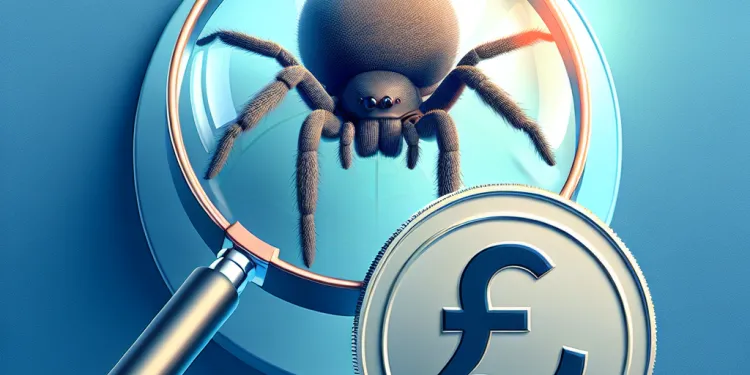
Do spiders in the UK carry diseases?
Relevance: 15%
-

How is blood screened to prevent disease transmission?
Relevance: 15%
-

What causes Crohn's disease?
Relevance: 15%
-

What causes Huntington's disease?
Relevance: 15%
-
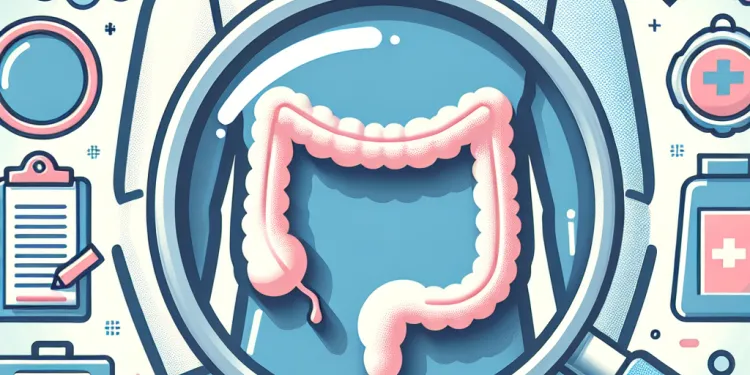
How is Crohn's disease diagnosed?
Relevance: 15%
-

Can Lyme disease be treated?
Relevance: 15%
-

How is Lyme disease transmitted?
Relevance: 15%
-

Can Huntington's disease be prevented?
Relevance: 15%
-

What is sickle cell disease?
Relevance: 15%
Coeliac Disease Explained - Gluten Sensitivity - A to Z of the NHS - Dr Gill
Introduction to Coeliac Disease
Coeliac disease is an autoimmune condition where the ingestion of gluten leads to damage in the small intestine. For individuals with coeliac disease, consuming gluten—a protein found in wheat, barley, and rye—triggers an immune response that attacks the lining of the small intestine, affecting nutrient absorption.
Symptoms and Diagnosis
Symptoms of coeliac disease can vary widely and may include chronic diarrhoea, abdominal pain, bloating, and weight loss. Other symptoms can be more subtle, such as fatigue, iron-deficiency anaemia, and joint pain. A proper diagnosis is crucial and usually involves blood tests to look for specific antibodies, followed by a biopsy of the small intestine to confirm the presence of damage.
Treatment and Management
The only effective treatment for coeliac disease is a strict, lifelong gluten-free diet. This means avoiding all foods containing wheat, barley, and rye. Patients in the UK can access a variety of gluten-free products through prescriptions from the NHS. Regular follow-up with healthcare providers is also essential to monitor the condition and ensure nutritional adequacy.
Living with Coeliac Disease in the UK
Managing coeliac disease in the UK involves not only dietary changes but also lifestyle adjustments. The NHS offers support through dietitian services and informational resources. Additionally, many supermarkets and restaurants are increasingly aware of gluten-free needs, making it more convenient to maintain a gluten-free diet.
Conclusion
Coeliac disease is a serious condition that requires careful management through a gluten-free diet. With the support of the NHS and access to gluten-free products, individuals with coeliac disease in the UK can lead healthy and active lives. For more information, consult your healthcare provider or visit the NHS website.
Coeliac Disease Explained - Gluten Sensitivity - A to Z of the NHS - Dr Gill
What is Coeliac Disease?
Coeliac disease is when gluten makes the tummy sick. Gluten is in some foods, like bread and pasta. If you have coeliac disease and eat gluten, it hurts the tummy and stops food from working properly in your body.
Signs of Coeliac Disease and How to Find Out
People with coeliac disease might feel sick in different ways. They might have an upset tummy, tummy aches, or feel bloated. Sometimes they feel very tired or have pain in their joints. Doctors can find out if someone has coeliac disease by doing special blood tests and looking at the tummy with a small camera.
How to Feel Better with Coeliac Disease
The only way to feel better is to never eat gluten again. This means not eating foods with wheat, barley, or rye. In the UK, doctors can help you get gluten-free foods. Going to the doctor often is important to stay healthy.
Living with Coeliac Disease in the UK
In the UK, living with coeliac disease means changing what you eat and how you live. NHS can help with information and advice from experts. Many shops and restaurants now have gluten-free options, making it easier to stay healthy.
Conclusion
Coeliac disease is serious, but people can be healthy by not eating gluten. With help from the NHS and special gluten-free foods, people in the UK can live well. If you need more help, talk to a doctor or check out the NHS website.
Frequently Asked Questions
What is coeliac disease?
Coeliac disease is a chronic autoimmune disorder where the ingestion of gluten leads to damage in the small intestine.
What are the symptoms of coeliac disease?
Symptoms can include digestive issues such as diarrhea, bloating, gas, and constipation, as well as other symptoms like fatigue, anemia, and joint pain.
How is coeliac disease diagnosed?
Diagnosis typically involves blood tests to detect specific antibodies and an endoscopy to take a biopsy of the small intestine.
What is gluten sensitivity?
Gluten sensitivity, also known as non-coeliac gluten sensitivity, is a condition where individuals experience symptoms similar to coeliac disease but do not test positive for it.
What foods should I avoid if I have coeliac disease?
You should avoid foods containing wheat, barley, rye, and any derivatives of these grains.
Are oats safe for people with coeliac disease?
Pure, uncontaminated oats are generally considered safe, but some individuals may still react to them. It's best to consult with a healthcare provider.
Can coeliac disease develop at any age?
Yes, coeliac disease can develop at any age, from early childhood to adulthood.
Is coeliac disease hereditary?
Yes, there is a genetic component to coeliac disease. Having a close relative with coeliac disease increases your risk of developing the condition.
Can I take medicines that contain gluten?
Always check with your healthcare provider, as some medications may contain gluten. There are gluten-free alternatives available.
Is there a cure for coeliac disease?
No, there is no cure for coeliac disease, but it can be managed effectively by following a strict gluten-free diet.
What happens if coeliac disease is left untreated?
Untreated coeliac disease can lead to serious complications, such as malnutrition, bone weakness, infertility, and increased risk of certain cancers.
Is a gluten-free diet healthy for everyone?
A gluten-free diet is necessary for individuals with coeliac disease and gluten sensitivity but may not provide additional health benefits for those without these conditions.
Are gluten-free products readily available in the UK?
Yes, gluten-free products are widely available in supermarkets, health food stores, and online in the UK.
How can I ensure that my diet is nutritionally balanced?
Consult with a dietitian to create a balanced gluten-free diet that includes all necessary nutrients.
Can I eat out at restaurants with coeliac disease?
Yes, but you need to be cautious. Inform the restaurant staff about your condition and ask about gluten-free options to avoid cross-contamination.
What is coeliac disease?
Coeliac disease is an illness. People with coeliac disease get sick if they eat foods with gluten.
What is gluten?
Gluten is in foods like bread, pasta, and cakes. Gluten is a part of wheat, barley, and rye.
What happens if they eat gluten?
If people with coeliac disease eat gluten, they can get stomach pain or feel very tired.
How can they feel better?
They need to eat foods without gluten.
Helpful tips:
- Look for foods labeled "gluten-free."
- Ask a doctor or dietitian for help.
Coeliac disease is a long-term illness. It happens when your body reacts badly to a thing called gluten. This can hurt your small intestine.
What are the signs of coeliac disease?
Coeliac disease can make your tummy feel bad. Here are some signs you might notice:
- Tummy pain or cramps
- Feeling bloated or full
- Diarrhea (watery poo)
- Feeling tired a lot
- Weight loss
- Skin rash
If you think you have these signs, tell a grown-up or a doctor. They can help you feel better.
You can use pictures and simple words to understand better. Ask someone to read with you if you need help.
Signs you might be sick can be:
- Tummy troubles like diarrhea, feeling full or bloated, lots of gas, and trouble going to the bathroom.
- Feeling very tired.
- Low iron in your blood, which is called anemia.
- Pain in your joints, like your knees or elbows.
If you find reading hard, you can try to:
- Read with a helper or use audiobooks.
- Write or draw little pictures to help remember things.
- Ask someone if you need more help.
- Take breaks so you don’t get too tired.
How do doctors find out if someone has coeliac disease?
To find out what's wrong, doctors do tests. They take a little bit of your blood to check for special signs that might be there. They also use a small camera on a tube to look at your tummy and check if there's a problem.
What is gluten sensitivity?
Gluten is in some foods like bread, pasta, and cereal. Some people feel sick when they eat gluten. This is called gluten sensitivity. It can make their tummy hurt or make them feel tired.
If you think you might have gluten sensitivity, talk to a doctor. They can help you feel better.
To help with reading:
- Use a tool that reads text out loud.
- Highlight or underline important words.
- Take breaks while reading.
Gluten sensitivity means your body does not like gluten. Gluten is a part of some foods like bread and pasta. This sensitivity is called non-coeliac gluten sensitivity. It makes people feel sick like they have coeliac disease, but tests do not show they have it.
What foods should I stay away from if I have coeliac disease?
If you have coeliac disease, your tummy gets upset when you eat something with gluten in it. Gluten is a part of some foods. Here are some foods to stay away from:
- Bread, cake, or cookies made from wheat
- Pasta made from wheat
- Some cereals
- Pizza crusts with gluten
- Some sauces and soups
Instead, eat foods that are gluten-free. Look for packages that say 'gluten-free'. You can also ask a grown-up to help find the right foods.
If you are not sure about a food, ask a doctor or use a gluten-free app on a phone.
Stay away from foods that have wheat, barley, or rye. These grains can also be in other foods, so watch out for those too.
Can people with coeliac disease eat oats?
Plain oats are usually safe. But some people might still feel sick from them. It's a good idea to talk to your doctor.
Can someone get coeliac disease when they are older?
Yes, anyone can get coeliac disease at any age.
Coeliac disease is when the tummy gets upset by some foods like bread or pasta.
If bread or pasta makes you feel unwell, talk to a doctor.
Using pictures or videos about coeliac disease can help understand this better.
Yes, people can get coeliac disease at any age. Kids and grown-ups can both get it.
Can you get coeliac disease from your family?
Coeliac disease can run in families. This means if someone in your family has it, you might get it too.
It is a good idea to talk to your doctor if your mom, dad, brother, or sister has coeliac disease.
You can use helpful tools like picture stories or simple diagrams to understand better.
Yes, coeliac disease can run in families. If someone in your family has coeliac disease, you are more likely to get it too.
Can I take medicine with gluten in it?
Ask your doctor or nurse first. Some medicines have gluten in them. There are medicines without gluten that you can use instead.
Can coeliac disease be fixed?
No, there is no fix for coeliac disease. But people with this disease can feel better by not eating gluten.
Gluten is a part found in some foods like bread and pasta. It comes from wheat, barley, and rye.
If you have coeliac disease, a special doctor called a dietitian can help you learn what to eat.
Tools like food labels can help you pick foods without gluten. You can also ask for help from friends or family.
No, there is no cure for coeliac disease. But you can manage it by not eating gluten. You need to follow a strict gluten-free diet.
What happens if coeliac disease is not treated?
Coeliac disease is when your tummy cannot handle food with gluten. Gluten is in bread, pasta, and cakes. It can make you feel very sick if you have coeliac disease.
If you do not treat coeliac disease, you might get very tired and lose weight. Your tummy might hurt, and you could have diarrhea. You might also not get enough vitamins from your food. This can make your bones weak.
It is important to see a doctor if you think you have coeliac disease. Doctors can help you find food that is safe to eat. A good tool to help is a food diary. Write down what you eat and how it makes you feel. This can help you and the doctor.
If you don't treat coeliac disease, it can cause big problems. These problems can be:
- Not getting enough good stuff from food (this is called malnutrition)
- Weak bones
- Trouble having babies (this is called infertility)
- Higher chance of getting some types of cancer
Using simple language can help make reading easier. Tools like text-to-speech can read words aloud, and you can use highlighters to mark important parts.
Is Eating No Gluten Good for Everyone?
Some people can't eat gluten because it makes them sick. This is called coeliac disease or gluten sensitivity. These people need to eat food without gluten. But if you don't have these problems, eating gluten-free food won't make you healthier.
Can you find gluten-free foods easily in the UK?
Yes, you can find lots of gluten-free foods in UK supermarkets, health food shops, and online.
How can I make sure my food is healthy and balanced?
Here are some tips to help you eat healthy:
- Eat different types of food. Try fruits, vegetables, bread, rice, and pasta.
- Have some milk or foods made with milk. They are good for your bones.
- Eat a bit of meat, fish, eggs, or beans. They help make your muscles strong.
- Avoid too much sugar or chips. They are just treats.
You can use tools to help you. Try drawing a picture of your meals or use colorful plates to remind you to eat different foods.
Talk to a food expert to help you make a gluten-free meal plan with all the important nutrients you need.
Can I eat at restaurants if I have coeliac disease?
Yes, you can eat at restaurants if you have coeliac disease, but you need to be careful.
Here are some tips to help you:
- Look for places that have gluten-free options.
- Tell the server you can't eat gluten. Gluten is found in wheat, rye, and barley.
- Ask if they have a special menu without gluten.
- Check if the restaurant has a website. Sometimes they list gluten-free foods online.
- It can help to bring a gluten-free card or guide. Show it to the staff so they can understand your needs better.
Remember to ask questions and make sure your food is safe for you to eat.
Yes, you can, but be careful. Tell the people who work at the restaurant about what you cannot eat. Ask them for food with no gluten to keep it safe for you.
Useful Links
This website offers general information and is not a substitute for professional advice.
Always seek guidance from qualified professionals.
If you have any medical concerns or need urgent help, contact a healthcare professional or emergency services immediately.
Some of this content was generated with AI assistance. We’ve done our best to keep it accurate, helpful, and human-friendly.
- Ergsy carfully checks the information in the videos we provide here.
- Videos shown by Youtube after a video has completed, have NOT been reviewed by ERGSY.
- To view, click the arrow in centre of video.
- Most of the videos you find here will have subtitles and/or closed captions available.
- You may need to turn these on, and choose your preferred language.
- Go to the video you'd like to watch.
- If closed captions (CC) are available, settings will be visible on the bottom right of the video player.
- To turn on Captions, click settings .
- To turn off Captions, click settings again.
More Items From Ergsy search
-

Coeliac Disease Explained - Gluten Sensitivity - A to Z of the NHS - Dr Gill
Relevance: 100%
-

Coeliac Disease: The gluten free diet
Relevance: 82%
-

Coeliac disease
Relevance: 76%
-

Coeliac Disease: Session 1: What is Coeliac Disease?
Relevance: 70%
-

Causes of coeliac disease
Relevance: 69%
-

NHSGGC - What is Coeliac Disease?
Relevance: 68%
-

Symptoms of coeliac disease
Relevance: 64%
-

Diagnosing Coeliac Disease Updated 2021
Relevance: 62%
-

Living Well with Coeliac Disease
Relevance: 61%
-

What SPF should I use if I have sensitive skin?
Relevance: 25%
-

How can I secure sensitive data stored on my phone?
Relevance: 24%
-

What is the best diet for Crohn’s disease?
Relevance: 20%
-

What dietary changes can help manage Crohn's disease?
Relevance: 20%
-

What foods can trigger nettle rash?
Relevance: 18%
-

What tests are available for diagnosing Lyme disease?
Relevance: 17%
-

How does Huntington's disease affect emotions?
Relevance: 16%
-

What is Lyme Disease?
Relevance: 16%
-

Is Huntington's disease fatal?
Relevance: 16%
-

Liver disease | NHS
Relevance: 16%
-

Is Crohn's disease contagious?
Relevance: 16%
-

How is Marburg virus disease diagnosed?
Relevance: 16%
-

What is Huntington's disease?
Relevance: 16%
-

Lyme disease: What is it?
Relevance: 16%
-

Is there a cure for Crohn's disease?
Relevance: 16%
-

What is Mitochondrial disease?
Relevance: 16%
-

What is Parkinson's disease?
Relevance: 16%
-

Is there a vaccine for Lyme disease?
Relevance: 16%
-

Is flesh-eating disease contagious?
Relevance: 16%
-

Do UK mosquitoes carry diseases?
Relevance: 16%
-

What is Alzheimer's disease?
Relevance: 15%
-

Is Chagas disease a concern with blood transfusions?
Relevance: 15%
-

Do spiders in the UK carry diseases?
Relevance: 15%
-

How is blood screened to prevent disease transmission?
Relevance: 15%
-

What causes Crohn's disease?
Relevance: 15%
-

What causes Huntington's disease?
Relevance: 15%
-

How is Crohn's disease diagnosed?
Relevance: 15%
-

Can Lyme disease be treated?
Relevance: 15%
-

How is Lyme disease transmitted?
Relevance: 15%
-

Can Huntington's disease be prevented?
Relevance: 15%
-

What is sickle cell disease?
Relevance: 15%


